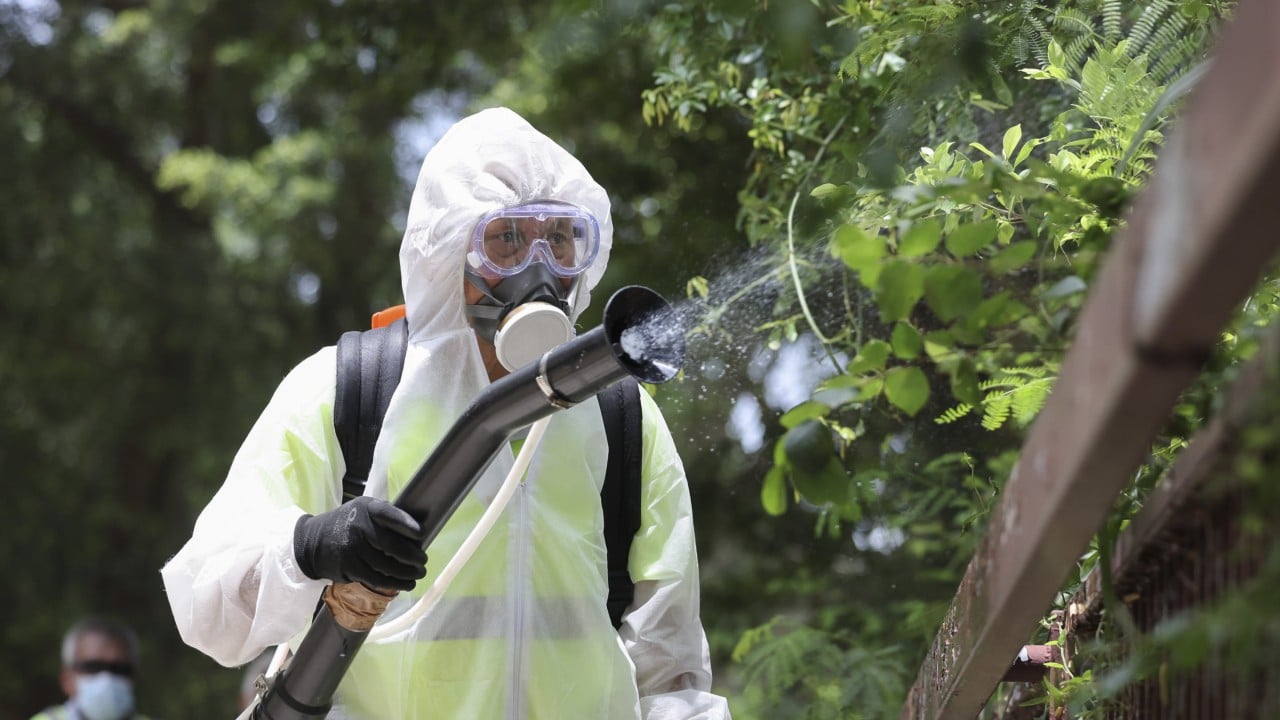Just before news broke in July of a chikungunya outbreak in Foshan, Guangdong province, I was on a field trip with a group of students in Pok Fu Lam. It was a sultry day; recent rains had increased the humidity. It was impossible not to sweat. As we made our first stop to begin an activity, the mosquitoes began to gather and feast.
Advertisement
We were not unprepared. Mosquito repellent and loose long clothing had been recommended for the day. Still, itchy red bumps started to appear. As the day went on, so did the bites. By the evening, the extent of the damage was clear.
Mosquito bites are nothing new in Hong Kong, but the threat of another mosquito-borne disease turns an annoyance into a potential health risk, one that is indicative of climate change.
The Hong Kong Observatory predicts the city will experience hotter, wetter days in the future, providing a perfect environment for mosquito breeding and disease transmission.
Hong Kong is no stranger to mosquito-borne diseases. Deadly outbreaks, such as malaria, killed thousands in the 19th century and lingered well into the 20th century. Dengue fever, characterised by a body rash, fever and joint pains, was identified in Hong Kong in 1872 and has been episodic ever since.
Advertisement
Japanese encephalitis cases occur sporadically and can cause severe neurological problems – the city recorded an imported case on August 20. Each of these distinct diseases is transmitted by a different type (genera) of mosquito, illustrating how well-established and adaptable the local insect population is.

